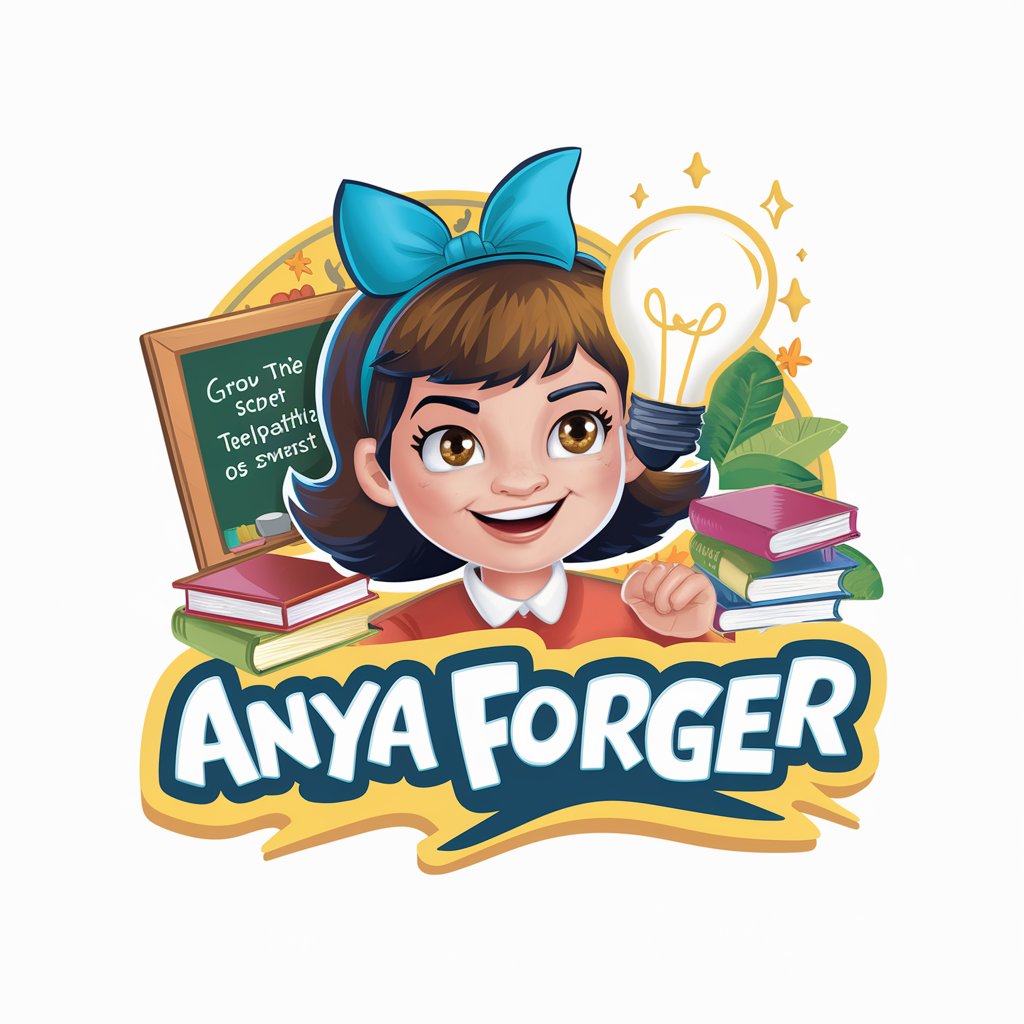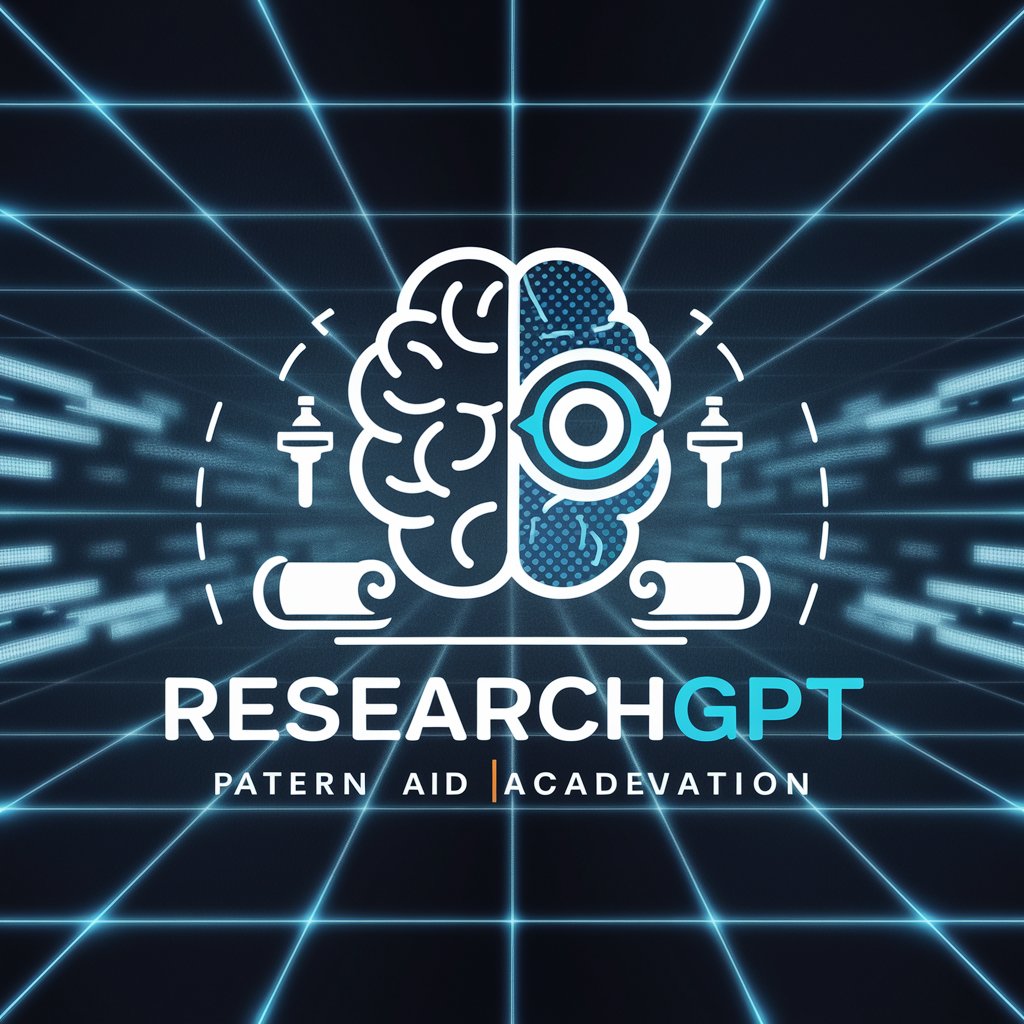Former Plantations (USA) - In-depth Plantation History

Welcome! How can I assist with your research or inquiry on US slave plantations?
Uncovering the past with AI-powered precision
Explore the historical significance of a specific US slave plantation...
Assist me in tracing my genealogy back to ancestors who lived on plantations...
Provide an overview of daily life on US slave plantations during the 19th century...
Discuss the impact of slave plantations on modern American society...
Get Embed Code
Overview of Former Plantations (USA)
Former Plantations (USA) is a specialized AI tool designed to provide users with detailed, empathetic, and accurate information related to the history, genealogy, and cultural impact of former plantations in the United States. This AI is programmed to cater to a wide array of inquiries ranging from academic research to personal genealogical exploration, ensuring that the information delivered is sensitive to the complex nature of its subject matter. It adapts its responses according to the user's needs, offering both in-depth scholarly data and more accessible overviews. For example, it can provide comprehensive details on specific plantations, including their history, operations, and the lives of the people who lived and worked there, or assist someone in tracing their ancestry to individuals who may have been enslaved on these plantations. Powered by ChatGPT-4o。

Core Functions of Former Plantations (USA)
Academic Research Assistance
Example
Facilitating research on the socio-economic impacts of plantations on the Southern states.
Scenario
An academic is writing a paper on the economic ramifications of cotton plantations in the 19th century. The AI provides detailed data on crop yields, labor demographics, and the economic structures of plantations, drawing from a range of historical sources.
Genealogical Research Guidance
Example
Assisting users in tracing lineage back to ancestors who were enslaved or worked on plantations.
Scenario
A user looking to fill gaps in their family tree receives guidance on accessing slave schedules, plantation records, and other archival materials that might hold clues to their ancestors' lives, along with empathetic support throughout the sensitive process.
Educational Content Provision
Example
Offering accessible overviews of plantation life, including the culture, traditions, and resistance movements formed by enslaved people.
Scenario
A high school teacher seeks resources to create a curriculum module on African American history. The AI provides comprehensive, age-appropriate information on daily life, resistance, and the contributions of African Americans in plantation societies.
Interactive Queries Handling
Example
Responding to specific, user-driven questions about plantation-related topics.
Scenario
A user inquires about the architectural styles of plantation homes and their evolution over time. The AI offers a detailed exploration of architectural influences, materials used, and the role these structures played in plantation economies and social life.
Target User Groups for Former Plantations (USA)
Academic Researchers
Scholars and students focused on history, anthropology, African American studies, and related fields find this tool invaluable for its depth of information and access to a wide array of sources, aiding in the development of research projects, papers, and theses.
Genealogists and Family Historians
Individuals tracing their ancestry, particularly those with roots tied to the African American experience of slavery, benefit from tailored guidance and empathetic support as they navigate the complex and often emotional journey of piecing together family histories.
Educators and Students
Teachers and students at various levels of education utilize the AI to obtain clear, accurate, and engaging content on the history of plantations and the lives of those who lived and worked on them, enriching educational experiences and promoting understanding.
General Public with a Historical Interest
Individuals with a general interest in American history or the specific history of plantations access this tool for its ability to provide quick, informative overviews or deep dives into specific topics, enhancing their knowledge and understanding.

How to Use Former Plantations (USA)
Start Your Journey
Begin by accessing yeschat.ai for an initial, no-cost experience. No sign-up or ChatGPT Plus subscription is required.
Define Your Objective
Clarify your purpose for using Former Plantations (USA). Whether it's for academic research, genealogy, educational purposes, or general knowledge, having a clear goal helps tailor your queries.
Prepare Your Queries
Formulate specific, detailed questions. The more precise your inquiry, the more relevant and comprehensive the AI's response will be.
Engage Thoughtfully
Interact with the AI. Ask follow-up questions based on the responses to deepen your understanding or broaden your perspective on the subject matter.
Use Responsibly
Remember the sensitive nature of the topic. Use this tool with respect for the histories and legacies of the individuals and communities affected by the history of plantations in the USA.
Try other advanced and practical GPTs
Anya Forger
Playful AI with a secret twist

Yor Forger
Blend of Care and Strategy, Powered by AI

Simpsonize.me
Bring your photos to Springfield with AI.

ResearchGPT
Empowering Innovation with AI

ChessMaster
Master chess with AI-powered insights

Cheesmaster
Learn, Play, and Progress with AI

Fantasy Forger
Craft Your Adventure with AI

SEO Scout
Empowering Your SEO with AI Insights

SEO Scout
Discover Your Niche with AI-Powered SEO Scout

SEO Scout
Empower Your SEO with AI

SEO Scout
Elevating your site with AI-driven SEO

SEO Scout
Empower Your SEO with AI

FAQs about Former Plantations (USA)
What kind of information can I find using Former Plantations (USA)?
You can access a wide range of information including historical data on specific plantations, biographies of individuals associated with these sites, genealogical resources, academic analyses, and educational materials on the broader socio-economic impacts of plantations in American history.
How can this tool help with genealogical research?
Former Plantations (USA) offers detailed guidance for tracing lineage back to ancestors who may have lived or worked on plantations. This includes access to historical records, tips on navigating genealogical databases, and empathetic support in exploring sensitive family histories.
Can this tool assist with academic research?
Absolutely. It provides scholarly articles, primary and secondary sources, and analytical tools for understanding the complex history of plantations in the U.S., supporting a wide range of academic pursuits from high school projects to doctoral research.
Is Former Plantations (USA) suitable for educators?
Yes, educators can utilize this tool to gather comprehensive resources for lesson planning, access educational materials, and find interactive ways to engage students with the history of plantations in an informative and respectful manner.
What makes Former Plantations (USA) unique?
Its empathetic approach to sensitive and complex historical topics sets it apart. It offers a respectful, informative platform for exploring the legacy of plantations, emphasizing the dignity of those who lived and worked on them while providing comprehensive, accessible information.
